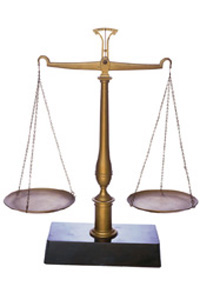Open source licenses are valid


Now they have been tested. They are.
At issue in Jacobsen vs. Katzer/Kamind was the Artistic License, a somewhat unusual open source license with provisions for attribution, copyright notices, tracking of changes and availability of the underlying program.
Jacobsen had licensed DecoderPro, a program for controlling model radios railroads, and Katzer, operating as Kamind Associates, used it to create The Conductor, a competing product.
A lower court had called the violations "contractual promises," not violations of copyright. The Court of Appeals for the Federal Circuit, the top court covering patent law, disagreed, calling them covenants and conditions covered by copyright.
Here's the key finding:
Copyright holders who engage in open source licensing have the right to control the modification and distribution of copyrighted material.
The choice to exact consideration in the form of compliance with the open source requirements of disclosure and explanation of changes, rather than as a dollar-denominated fee, is entitled to no less legal recognition.
Lawrence Lessig, who has pushed the validity of open source licensing for years, was ecstatic.
"This is the theory of the GPL and all Creative Commons (CC) licenses," he wrote. "Put precisely, whether or not they are also contracts, they are copyright licenses which expire if you fail to abide by the terms of the license."
So when you break the terms of an open source license you are committing a copyright violation. Creative Commons has the same power under law that the record or movie industries do.